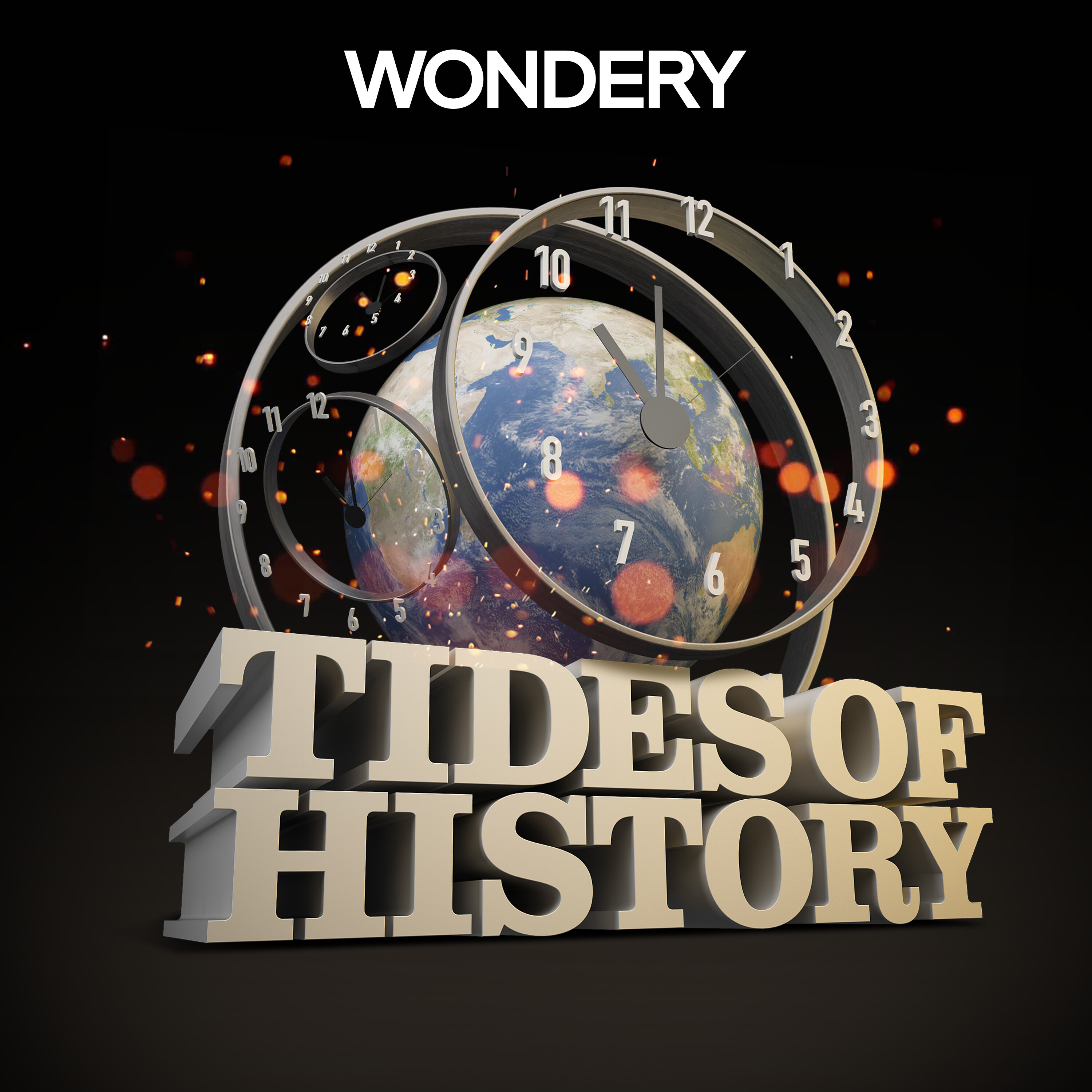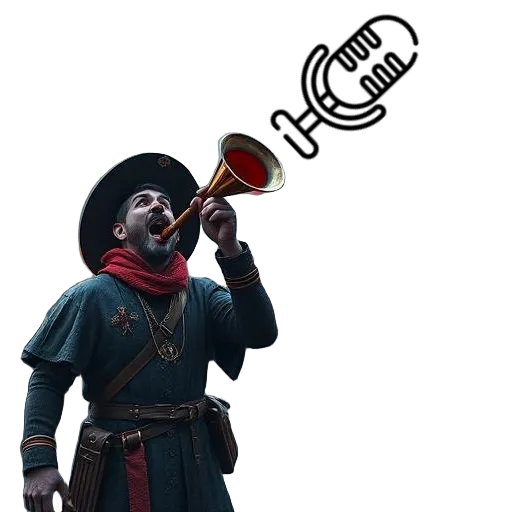Introducing: History Daily
Episode 257 - What Could Be More Trustworthy than a Brother?
Episode 56 - Dr. Benjamin Anderson
Bonus: The Antikythera Shipwreck
84. On writing narrative history, with guest-host Marion Kruse
Episode 255 - The Third Crusade (part 1)
18. The battle of Chaeronea
Alexander the Great
• 





